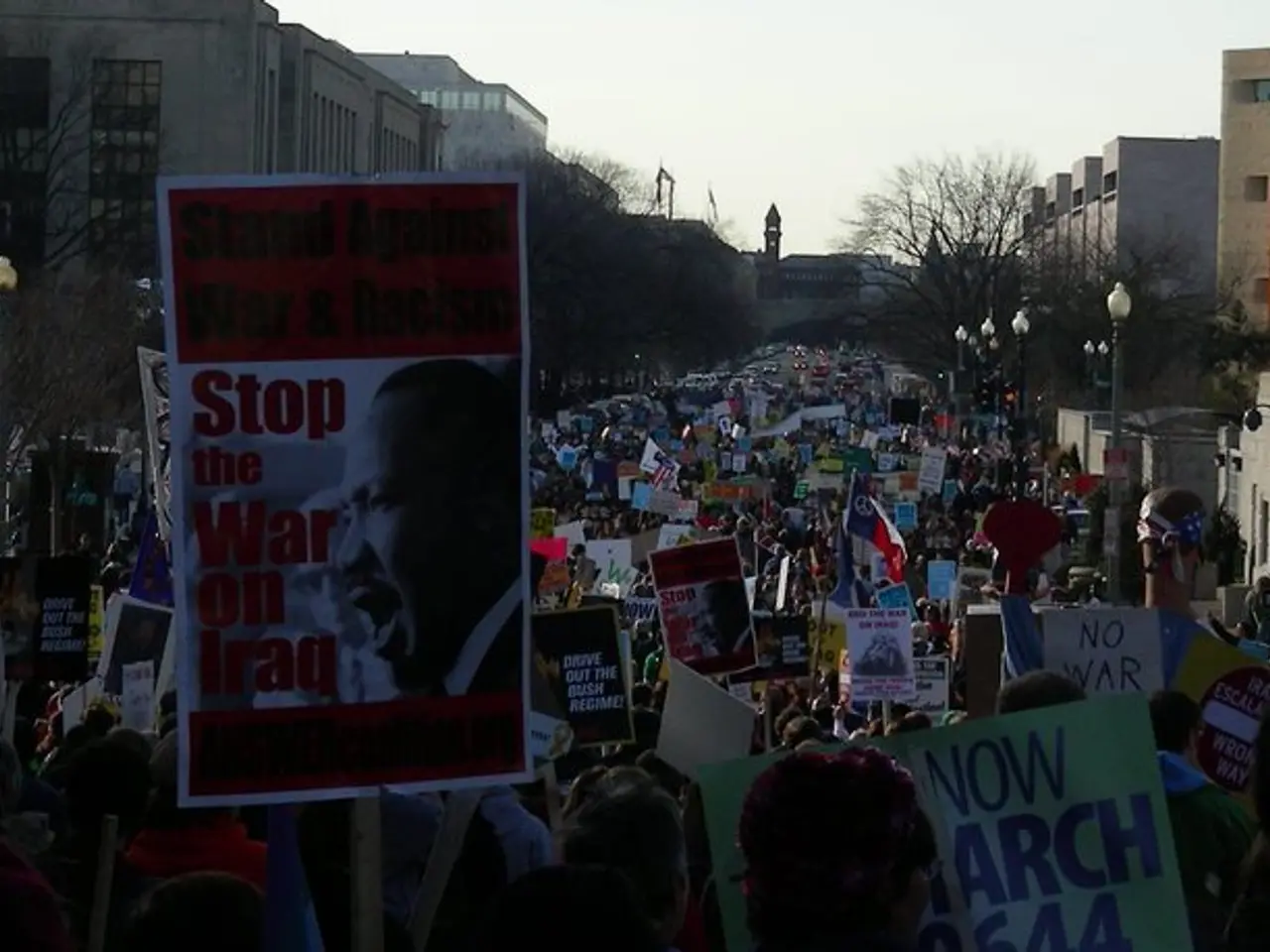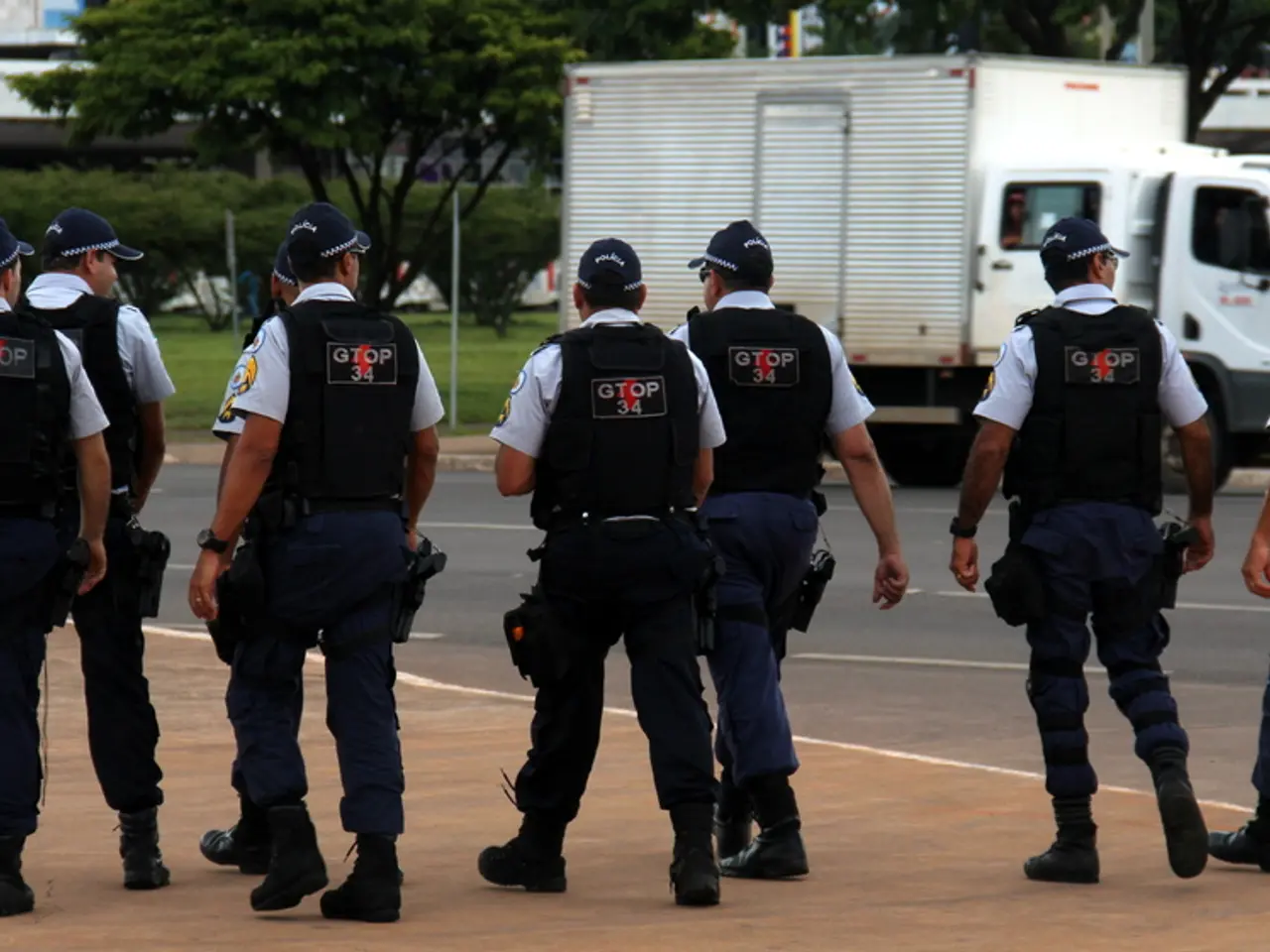Angolan demonstrations due to rise in petrol costs - Deadly demonstrations erupt in Angola over increased fuel costs, claiming 22 lives.
In the heart of July 2025, Luanda, the capital city of Angola, was rocked by protests that escalated into riots. The catalyst for the unrest was a government decision to increase fuel prices by over 33%, specifically by removing subsidies on diesel.
The immediate consequences of this fuel price hike were stark. Taxi and minibus transport fares surged by up to 50%, drastically affecting daily commuting costs. Protests escalated to strikes, looting, vandalism, and street blockades with burning tires and vehicles.
The violent clashes between protesters and police resulted in at least 22 deaths, over 1,200 arrests, and nearly 200 injuries reported in Luanda and other provinces. In an attempt to restore order amid widespread insecurity, the government deployed the army.
These protests are a reflection of deeper economic issues in Angola, despite it being Africa's second-largest oil producer after Nigeria. The country lacks sufficient refining capacity and must import diesel and gasoline at high prices, exacerbating fuel costs for consumers.
Significant inflation, corruption, and inequality further compound the economic hardships. Transparency International ranks Angola poorly on its corruption index (32/100), with a history of elite embezzlement scandals such as the “Luanda Leaks” exposing misuse of public funds by families of former political leaders.
The government's move to cut fuel subsidies is part of an effort to reduce fiscal deficits and shore up public finances amidst economic difficulties. However, the current economic conditions have made living costs increasingly unaffordable for many Angolans.
Many businesses in Luanda had closed due to the tense situation, and official unemployment stands at 30%. Inflation in Angola was nearly 20% in June. Despite being a Portuguese-speaking country with a population of about 30 million people, Angola continues to grapple with severe fiscal challenges and ongoing social unrest linked to rising costs of living.
The government's announcement of fuel price hikes triggered protests due to the subsequent rise in transportation costs, while the increased inflation, corruption, and inequality exacerbated the economic hardships for many Angolans. This incident highlights the potential impacts of changes in community policy, particularly employment and employment policies, on the general-news landscape, as well as the escalation of crime-and-justice issues when social unrest arises.







